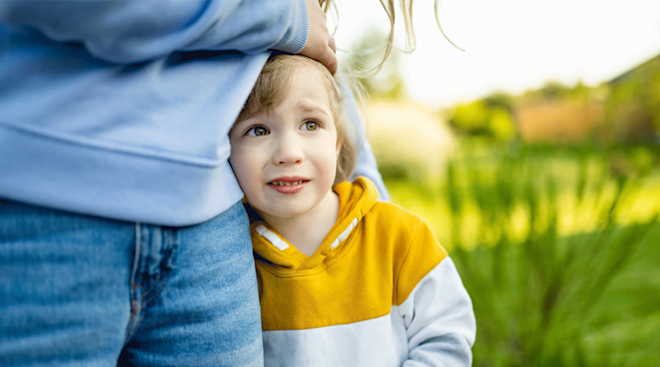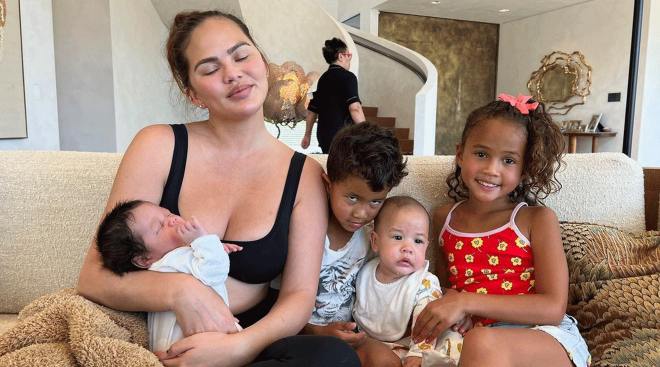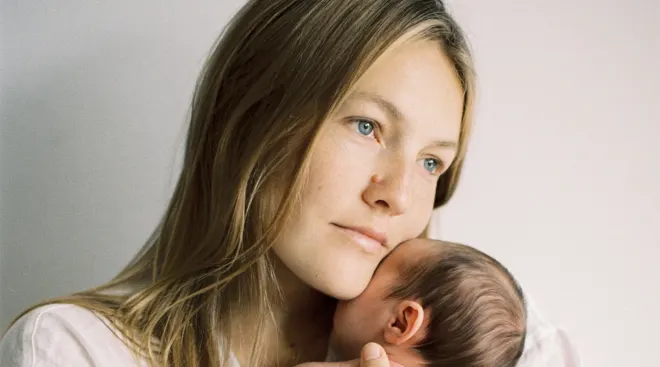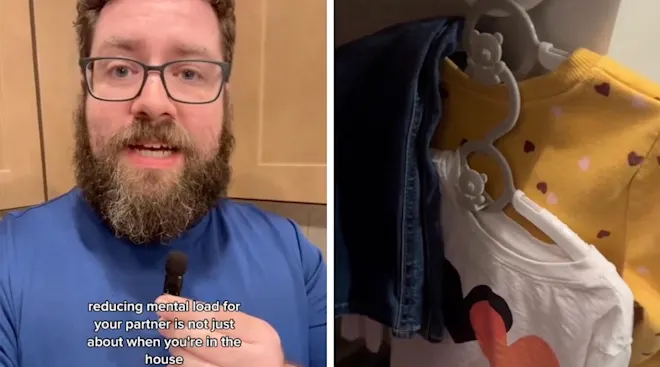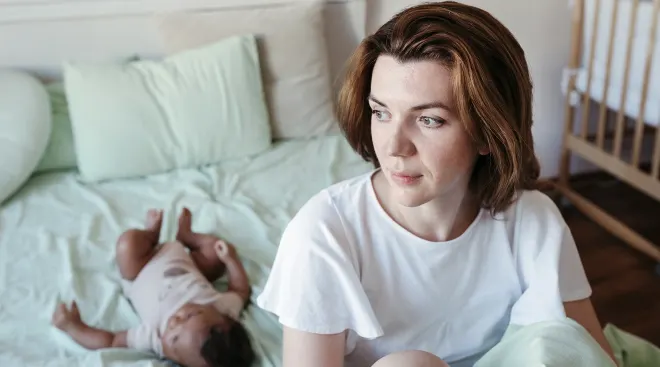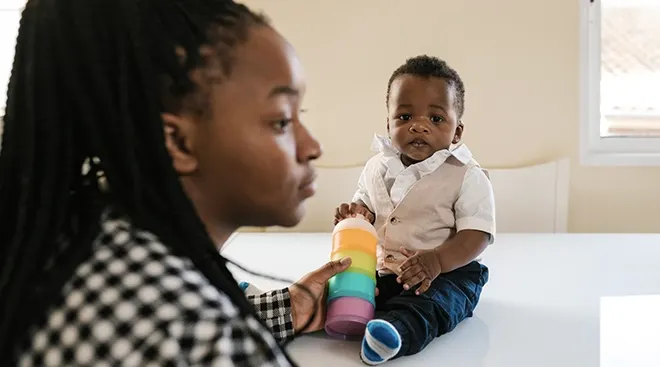How Can I Help My Toddler Overcome Separation Anxiety?
Separation anxiety is a phase all toddlers experience, but it usually comes and goes and passes entirely by age three. Until then, there are several strategies you can try, and there’s also a few to avoid.
It’s a common misconception that your toddler will react to your absence more favorably if you sneak out without saying goodbye. The same goes for putting him to sleep and leaving the house; if he wakes up, he’ll be upset and confused when it’s unexpectedly a babysitter who comes to comfort him and not you. In order to avoid him thinking you could disappear at any time without any warning, always acknowledge your departure with a wave or a verbal goodbye.
While it’s a good idea to have a babysitter take him somewhere fun just as you’re about to leave, try to avoid being in the house when they leave together. Otherwise he’ll expect that returning to the house means returning to you. Instead, leave just as they’re leaving.
Other effective strategies include setting him up with an activity as you’re about to leave, telling him where you’re going and familiarizing him with his babysitter, and keeping good-byes firm, but lighthearted. And when he cries, let him know that his emotions are perfectly all right: That he feels sad when you’re apart is okay — Mommy and Daddy do too. That will help him feel better understood.
Please note: The Bump and the materials and information it contains are not intended to, and do not constitute, medical or other health advice or diagnosis and should not be used as such. You should always consult with a qualified physician or health professional about your specific circumstances.
Navigate forward to interact with the calendar and select a date. Press the question mark key to get the keyboard shortcuts for changing dates.








































